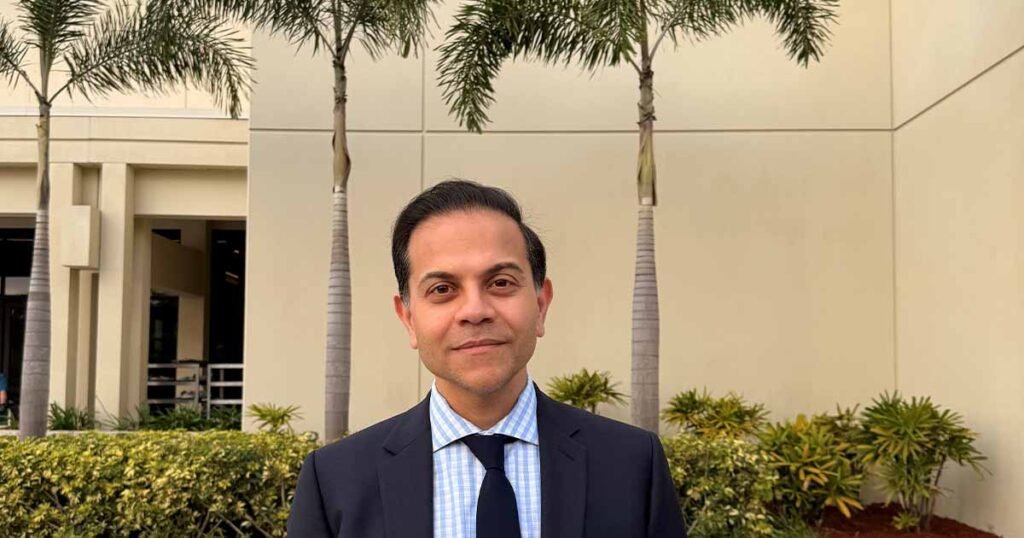Healthcare organizations are increasingly turning to generative artificial intelligence (AI) to enhance their operations and improve patient care. A recent report from Accenture revealed that 83% of healthcare C-suite executives in the U.S. are currently piloting generative AI in pre-production environments. Despite this high level of experimentation, less than 10% of these organizations are investing in the infrastructure needed to support widespread deployment of the technology.
Tej Shah, managing director of health at Accenture, emphasized the importance of a strategic approach to genAI deployment. He highlighted the need for healthcare leaders to shift their mindset from experimentation to strategic deployment, focusing on cloud integration and data governance as foundational elements for success. Without a solid foundation, genAI initiatives may not deliver the expected impact.
One key finding from the report is that 70% of healthcare workers’ tasks could be reinvented through technology augmentation or automation. This reinvention involves leveraging genAI to automate documentation tasks, provide real-time insights for decision-making, and enhance overall operational efficiency. By combining the strengths of technology and human expertise, healthcare providers can create more efficient workflows and improve the patient experience.
The report also highlighted the need for collaborative leadership in driving genAI initiatives. While 28% of healthcare CEOs see themselves as responsible for redefining jobs impacted by genAI, only 5% of their C-suite peers agree. The majority of respondents believe that the chief digital officer or chief digital and artificial intelligence officer is best positioned to lead genAI efforts. This disconnect underscores the importance of a unified and collaborative approach to genAI adoption, involving input from all members of the C-suite.
To overcome barriers to genAI adoption, healthcare organizations must address concerns around trust, skills gaps, and ROI measurement. Engaging clinical leaders, such as chief nursing officers and chief medical officers, in the conversation is essential for building trust and demonstrating the tangible benefits of genAI. By fostering a culture of continuous learning and innovation, healthcare providers can successfully integrate genAI into their operations and drive sustainable value.
In conclusion, the future of generative AI in healthcare looks promising, but organizations must be strategic in their approach to deployment. By investing in the necessary infrastructure, fostering collaborative leadership, and reimagining tasks through genAI, healthcare providers can unlock the full potential of this transformative technology.


